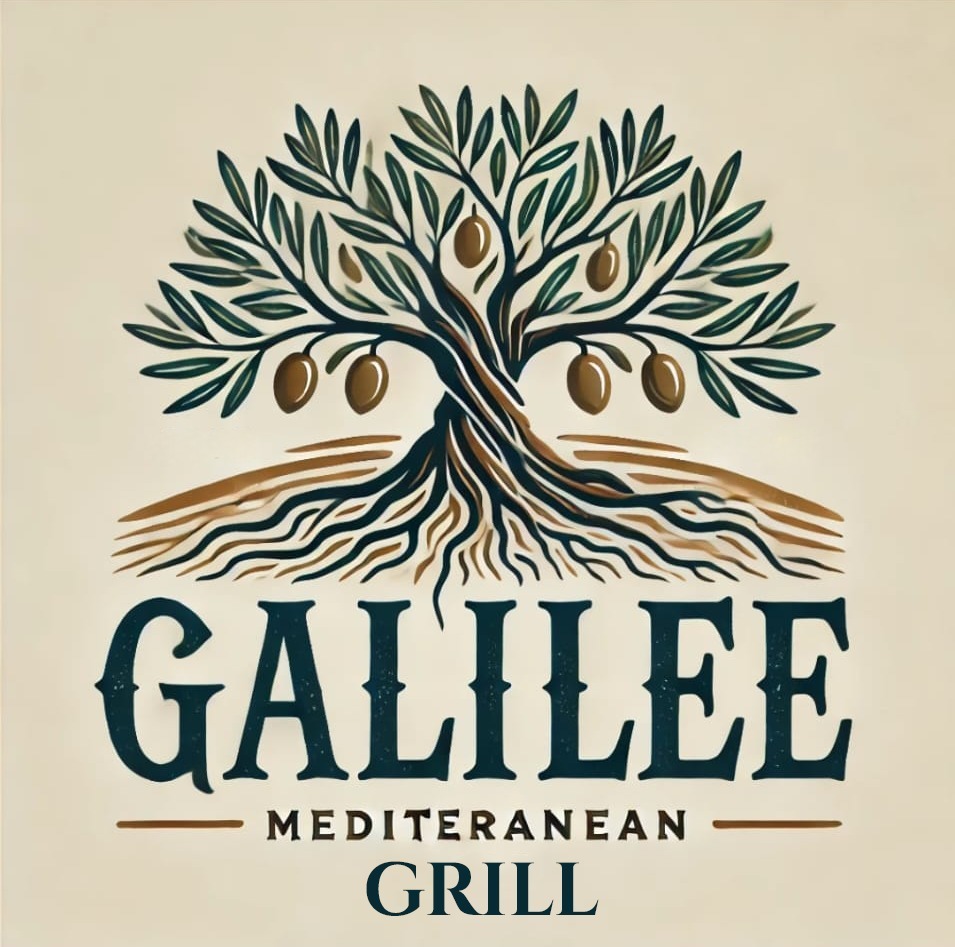The Mediterranean diet isn’t just a passing food trend—it’s a long-standing way of eating inspired by countries like Greece, Italy, and Spain. What makes it so appealing? It’s tasty, flexible, and promotes better heart health and long-term wellness. But just like with any lifestyle change, some common mistakes and misconceptions can steer you off course.
If you’re looking to stick to clean, healthy meals while still enjoying great flavors, understanding what works—and what doesn’t—can make all the difference. Let’s explore the simple dos and don’ts of the Mediterranean diet so you can enjoy every bite with confidence.
Smart Choices When Eating Out
Eating at a restaurant doesn’t mean you have to give up on your goals. You can stick to Mediterranean-friendly options with a few simple choices.
Start by looking for grilled fish, chicken, or veggie-based dishes. Ask for olive oil instead of butter, and swap fries for a side salad or steamed vegetables. Many Mediterranean meals are naturally restaurant-friendly—think hummus plates, Greek salads, or grilled skewers.
One of the most common Mediterranean diet mistakes is assuming everything labeled “Mediterranean” is healthy. Fried falafel, creamy sauces, or heavy breads may sound authentic, but can be loaded with calories. Choose wisely, and you’ll stay on track even when dining out.
Quick and Healthy Snack Ideas
Snacking doesn’t have to mean chips or cookies. There are plenty of healthy Mediterranean-style snacks that are both satisfying and good for you.
Try a small bowl of olives, a handful of almonds, sliced cucumbers with hummus, or Greek yogurt with a drizzle of honey. These snacks are packed with nutrients and won’t leave you feeling guilty afterward.
The trick is to keep your snacks simple and fresh—one of the foundations of clean eating Mediterranean style.
Stock Up on These Foods
What should you always have in your kitchen? Start with vegetables, fruits, whole grains, legumes, nuts, seeds, and high-quality olive oil. Fresh fish, chicken, and eggs are also great protein options.
A few go-to foods might include cherry tomatoes, spinach, canned chickpeas, tuna, brown rice, lemons, and herbs like oregano and basil. These can help you put together flavorful meals in no time.
Creating a Mediterranean grocery list that includes these staples can make your weekly shopping easier and your meals more consistent.
What’s Good to Drink?
What you drink matters, too. Water should always be your main beverage throughout the day. Herbal teas are a great option, especially mint, chamomile, or green tea.
A glass of red wine with dinner is common in traditional Mediterranean culture, but moderation is key. That means one glass for women and up to two for men per day.
Some people switch to sugary juices or soda, thinking they’re getting their fruit intake. That’s one of the subtler Mediterranean food dos and don’ts—whole fruits are always better than processed drinks.
What to Avoid on This Diet
Not all foods fit the Mediterranean lifestyle, and avoiding the wrong ones can help you stay on track. Stay away from processed meats like sausages or hot dogs, refined sugars, packaged snacks, and anything with trans fats.
White bread, pastries, and sweetened drinks also fall into the “don’t” category. These can increase your risk of inflammation and weight gain.
If you’re asking Mediterranean diet, what not to eat, think processed, packaged, or overly sweetened. Keep it fresh and simple instead.
It Can Help with Weight Goals, Too
Many people turn to this way of eating not just for better health, but to manage their weight. With the focus on whole foods, healthy fats, and fiber-rich meals, it’s easier to feel full and satisfied, without counting calories.
Swapping processed foods for whole grains and unhealthy fats for olive oil naturally supports Mediterranean diet weight loss goals. Plus, regular physical activity and mindful eating are just as important as the food itself.
Make Meal Prep Easy
Don’t wait until you’re starving to figure out what to eat. Preparing a few meals ahead of time can save you stress and keep you eating well.
Cook a big batch of quinoa or brown rice, grill chicken or fish, chop vegetables, and portion out some snacks. Store your meals in containers so you have ready-to-go options during busy weekdays.
With a little Mediterranean meal prep, your meals can be fast, fresh, and stress-free—even when you’re short on time.
Conclusion
The Mediterranean diet is full of flavor, color, and variety. It’s not about strict rules—it’s about making better choices every day. Stick to real, unprocessed foods, enjoy healthy fats, and focus on fresh ingredients. Avoid the common traps like relying on heavy sauces or packaged snacks, and instead, keep your meals light and full of flavor.
Whether you’re eating out or cooking at home, a little planning goes a long way. Follow these dos and don’ts, and you’ll enjoy both the taste and the benefits of this timeless way of eating. And if you’re looking for a delicious Mediterranean meal that follows all the right rules, visit Galilee Mediterranean Grill, where flavor meets freshness.

